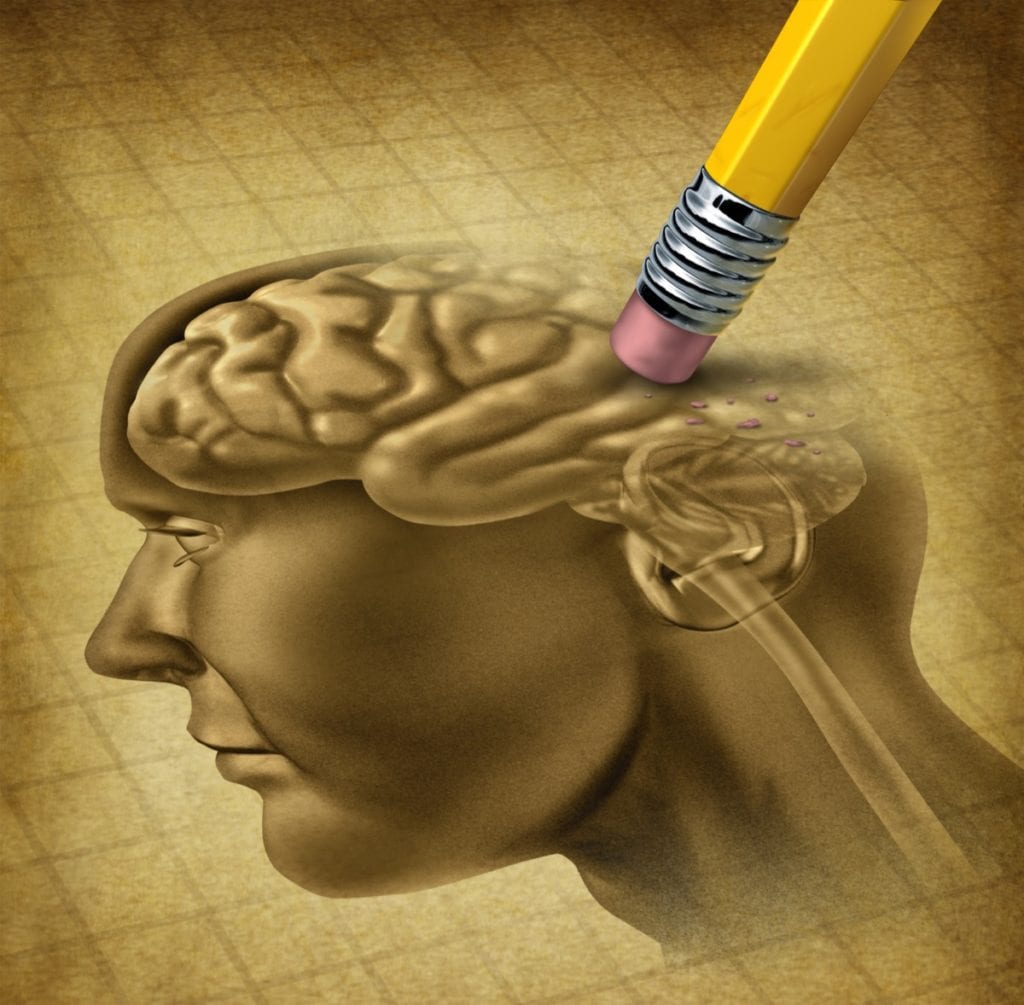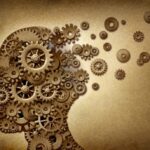Dementia is an umbrella medical term used to describe diseases that impact memory, thinking and social interactions.
Estimates are that Dementia affects 47 million people worldwide. Even more concerning is health experts predict this number to rise. By a lot. In fact, it’s estimated there will be 131 million people with dementia by 2050.
What Causes Dementia?
Dementia is caused by the loss or nerve cells (or damage to) and their connections to the brain.
Dementia symptoms can vary depending on which area of the brain is affected.
What Types of Dementia Are There?
There are numerous types of dementia or disorders linked to dementia that aren’t reversible, including:
- Alzheimer’s Disease
- Lewy Body Dementia (balloon-like clumps of proteins in the brain)
- Vascular Dementia (damaged vessels that supply blood to brain)
- Frontotemporal Dementia (breakdown of nerve cells in brain)
- Mixed Dementia
- Parkinson’s Disease
- Huntington’s Disease
- Creutzfeldt-Jakob Disease
- Traumatic Brain Injuries (TBI)
Dementia conditions that can be reversed include:
- Brain Tumors
- Immune Disorders and Infections
- Medication Side Effects
- Metabolic and Endocrine Problems
- Nutritional Deficiencies
- Subdural Hematomas
- Normal-Pressure Hydrocephalus
What Are Common Dementia Symptoms and Signs?
Again, depending on which area of the brain is affected, Dementia signs can vary by quite a bit. The most common signs and symptoms are:
- Memory Loss
- Changes in Personality
- Depression and Anxiety
- Problems With Cognitive Skills (reading, writing, etc.)
- Reasoning or Critical Thinking Problems
- Problems Making Decisions
- Problems Performing Basic, Routine Tasks
- Erratic or Inappropriate Behavior
- Paranoia or Hallucinations
- Agitation
What Are The Stages Of Dementia?
There are 7 stages of Dementia, including:
- 1st Stage: No Cognitive Decline (Pre-Dementia Stage)
- 2nd Stage: Very Mild Cognitive Decline or Memory Impairment Linked to Aging (Pre-Dementia Stage)
- 3rd Stage: Mild Cognitive Decline (Pre-Dementia Stage)
- 4th Stage: Moderate Cognitive Decline (Early Stage of Dementia)
- 5th Stage: Moderate Dementia
- 6th Stage: Severe Dementia
- 7th Stage: Late Stage Dementia
Can Dementia Be Prevented or Treated?
As noted above, there are some types of dementia that are reversible through treatments.
For those that aren’t, e.g., Alzheimer’s, there are things that can be done that may help slow or improve the condition, including:
- Regular Exercise
- Stop Smoking
- Adopting a diet that includes vitamins, fresh fruits & vegetables, healthy oils and low saturated fats
- Staying on top of the following health conditions: high blood pressure, high cholesterol and diabetes
- Keeping the mind active (reading, puzzles)
- Memory training
- Maintaining social interactions
- Treating depression and anxiety
- Address hearing problems
- Appropriate sleep
In addition to these treatments, there is a great deal of research and drug development currently underway to help with dementia-related symptoms.
As noted above, Dementia covers a wide range of memory-related conditions that may or may not be treatable or reversible. If you suspect you or a loved one may be suffering from Dementia, please seek immediate medical help as early diagnosis can make a world of difference.




